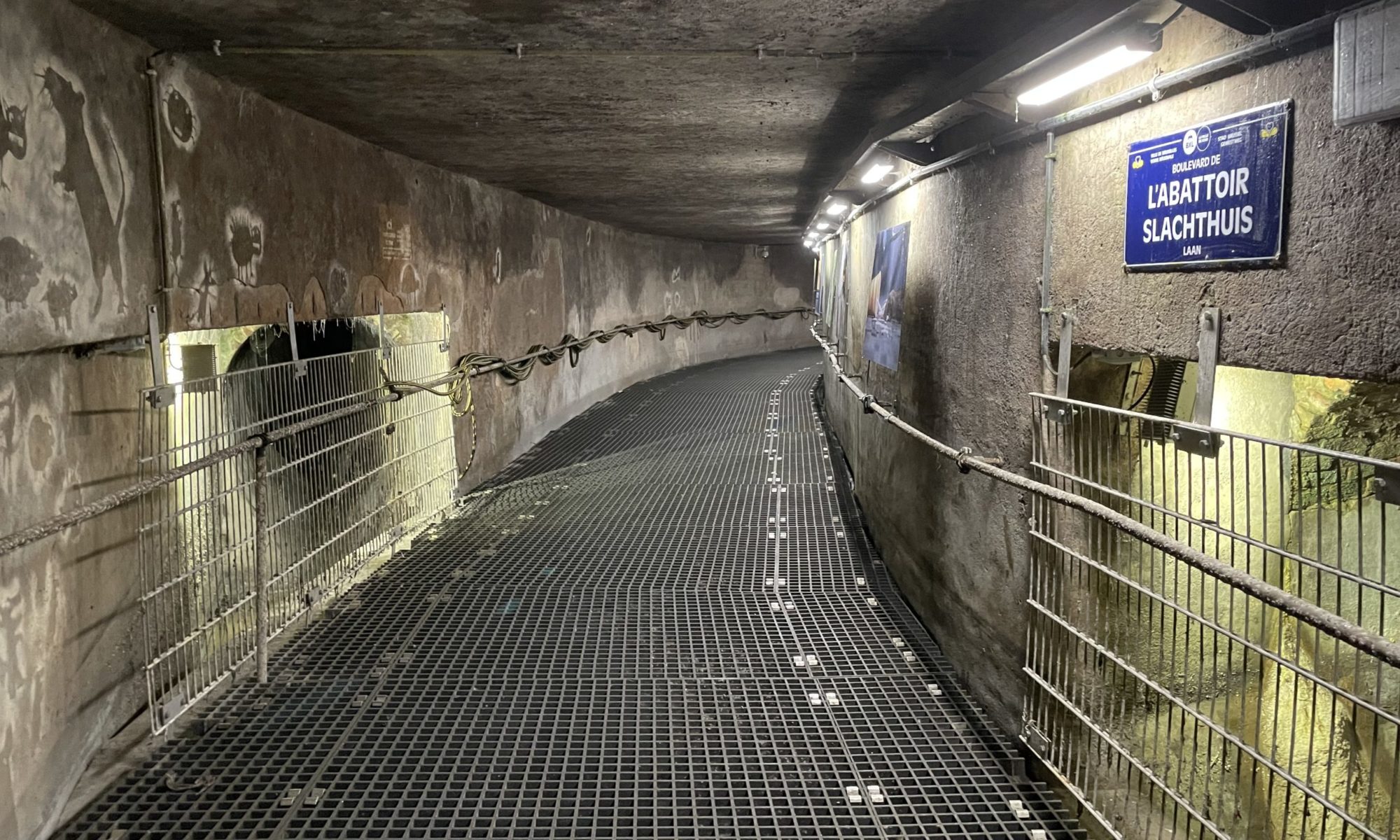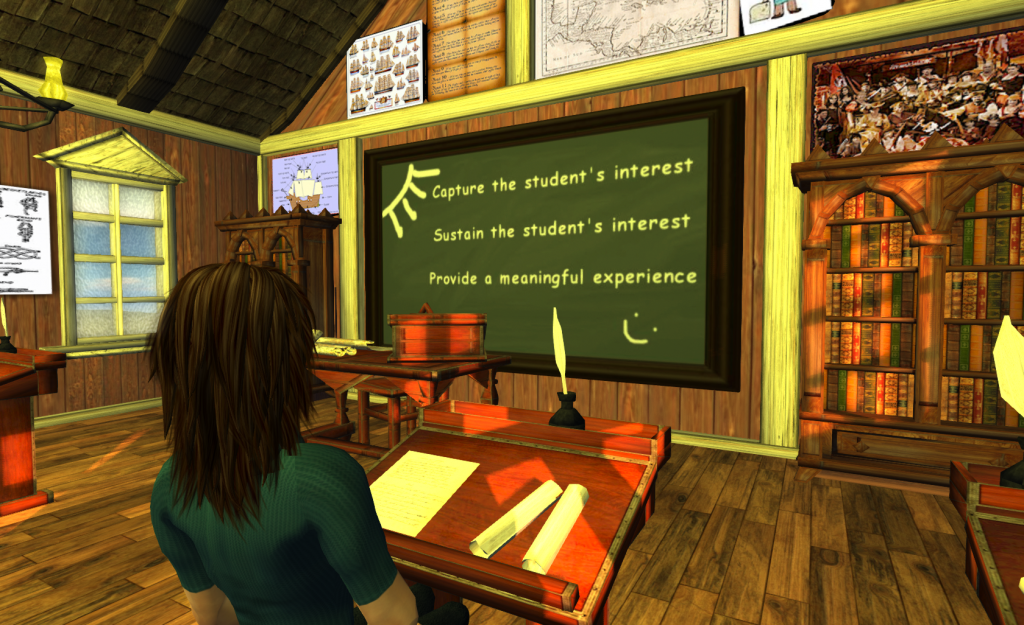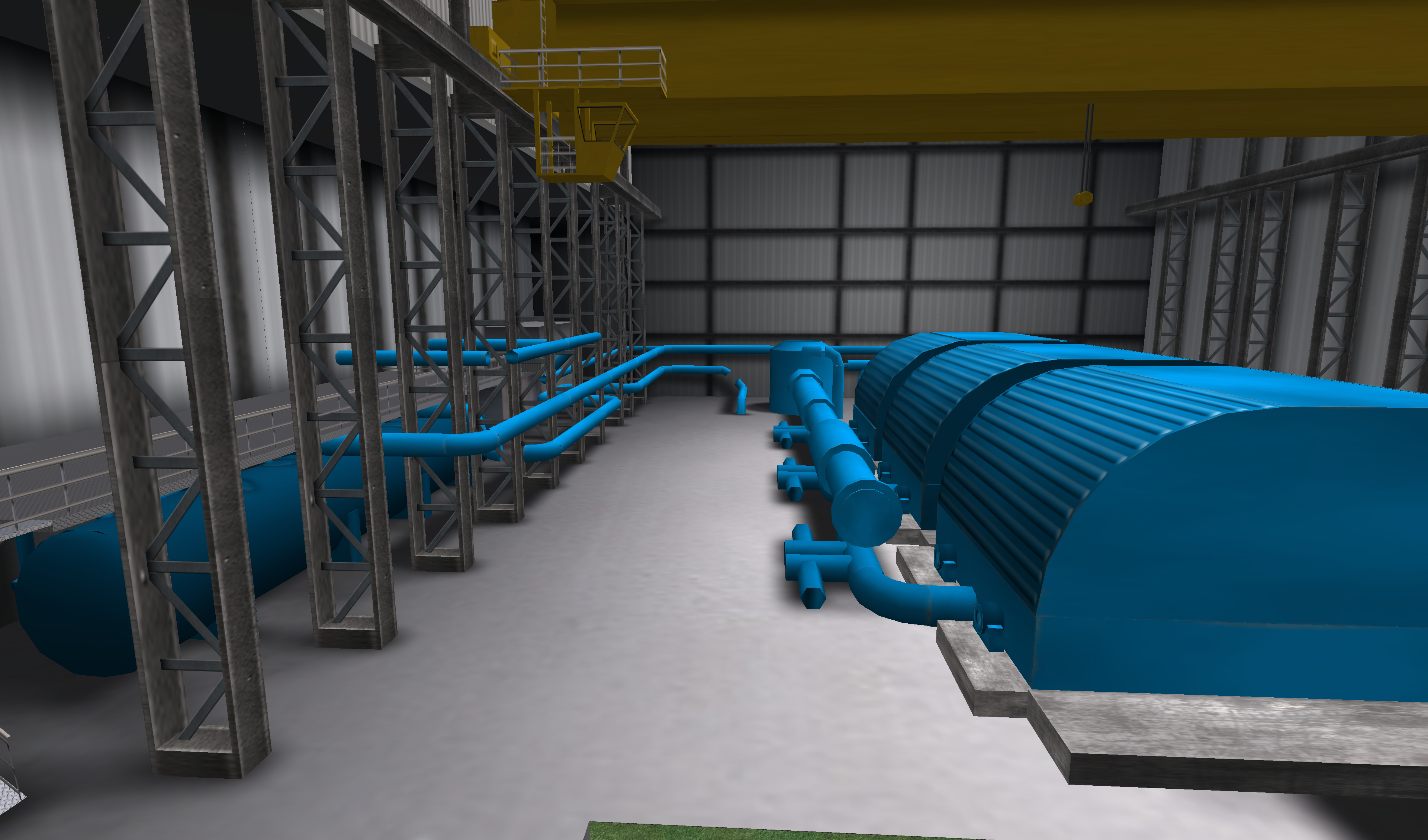As adults we have so many things competing for our time – kids, work or school, significant others, hobbies, extended families, and friends. So even though there's an enormous amount of online learning material and educational opportunities the challenge is finding the time in our busy lives to take advantage of it all. And even if we make a decision to take a class, we might not maintain that commitment if the class does not meet our level of expectations. In order to keep us interested and carry us to a successful completion, a class needs to grab and maintain our attention, add value and meaning to our lives, and leave us with a sense of accomplishment.
Therfore, those who prepare classes for professionals in public works, engineering, or government need to:
Create classes that capture professional interest. Topics should be relevant to work-related challenges and tasks. I'd probably sign up for "Design and Construction of PVC Water Mains," but I am not going to sign up for "Preventing Blood Incompatibility Errors."
Sustain interest by designing class resources and course work to match the skills and learning type and ability level of professionals interested in that topic. A class for engineers about designing and constructing water main might offer a few modules that introduce and explain engineering formulas and theory for strength and hydraulics. The content and work required for this topic would meet the expectations and abilities of engineers. But these modules most likely would not interest a non-engineer who is tasked only with the installation of water main. That type of student probably would not be interested in reading or listening to engineering theory behind water main design and would not want to perform engineering calculations.
Provide a meaningful and personally relevant experience. Someone taking the time to go through a class will want to have a sense of accomplishment or achievement upon its completion. A course that walks an apprentice operator through the function and controls of a backhoe should prepare that person so upon its completion the operator can successfully understand and perform the functions taught in the class. If the class leaves them confused and unable to act upon or understand anything taught, the operator will perceive his time as wasted.
So how can we use this information to improve our learning experiences? When we consider training for ourselves or for our staff, we can check to make sure the classes meet these three requirements. If it is not obvious from the course description, we can also ask past attendees or students if they felt a specific class held and sustained their interest and left them with a sense of accomplishment. And if we are delivering or creating classes in our field, we should be asking ourselves these questions throughout the process. In evaluations we can also ask students questions like: what could be changed to make the class more interesting and relevant? and what other activities or approaches might better hold your interest?



 Perhaps this is why I have been so intrigued by games and 3D environments. I don't want to take risks with what I do at work, so while I create successful projects with this approach, I perhaps miss out on insights provided by failures. But what I have quickly learned using games and spending time in virtual worlds is I can fail there all I want, and no one gets hurt including myself. And by doing so, I learn amazing things. We can never tell engineers working on an actual project to just go ahead and try any pipe size just to see what will happen. But we can in a game or in a 3D virtual world. Having a water system or plant set up in a game or virtual world where we could switch out pipe sizes, or pumps, or fittings and watch what happens to the system would provide a great learning opportunity. How much better and faster a hydraulics or fluids lesson would sink in if we could calculate the result then actually try it out in an environment designed to safely allow for failure.
Perhaps this is why I have been so intrigued by games and 3D environments. I don't want to take risks with what I do at work, so while I create successful projects with this approach, I perhaps miss out on insights provided by failures. But what I have quickly learned using games and spending time in virtual worlds is I can fail there all I want, and no one gets hurt including myself. And by doing so, I learn amazing things. We can never tell engineers working on an actual project to just go ahead and try any pipe size just to see what will happen. But we can in a game or in a 3D virtual world. Having a water system or plant set up in a game or virtual world where we could switch out pipe sizes, or pumps, or fittings and watch what happens to the system would provide a great learning opportunity. How much better and faster a hydraulics or fluids lesson would sink in if we could calculate the result then actually try it out in an environment designed to safely allow for failure.